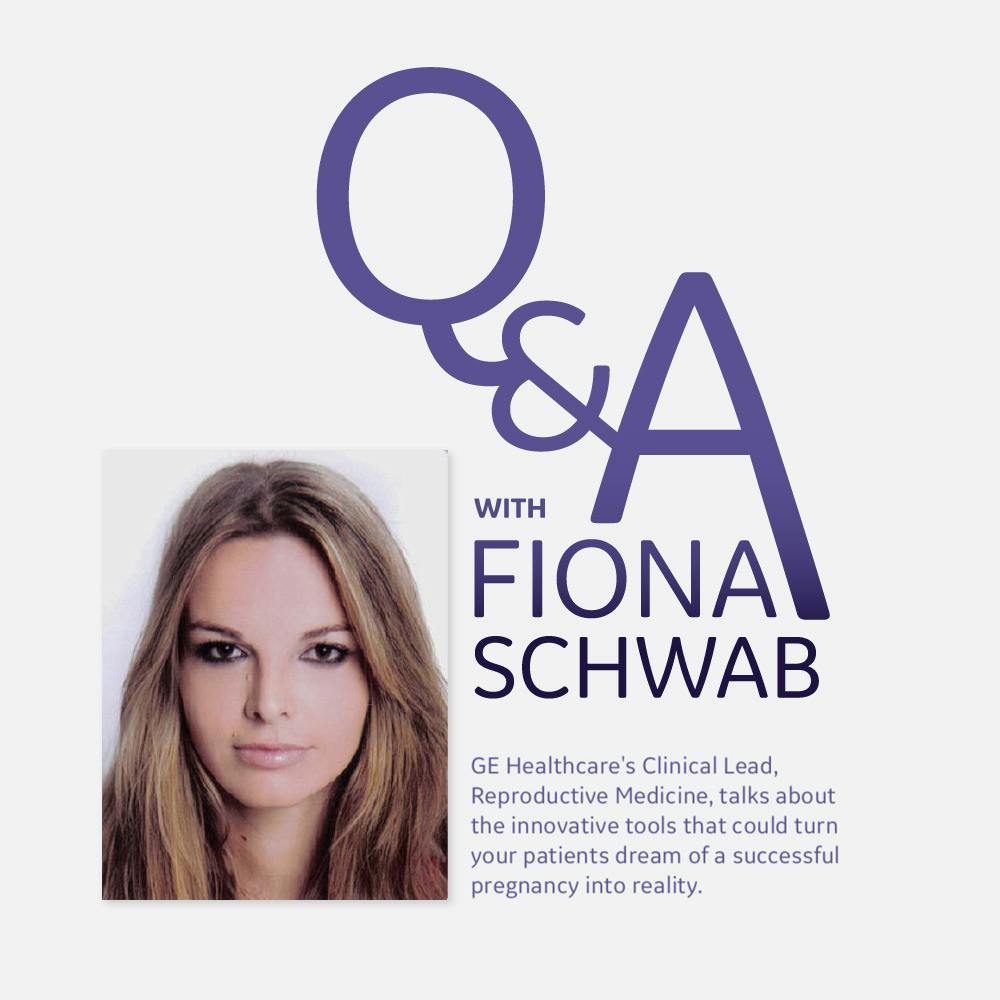Since its creation, assisted reproductive technology has offered couples with fertility problems a way to conceive. According to the Centers for Disease Control and Prevention, an estimated 12 percent of American women ages 15 to 44 have difficulty getting or staying pregnant, and more than 7 million in that age group have utilized infertility services. Even though assisted reproductive technology has been a boon for many of these women, its use has raised concerns about the role it might play in their cancer risk.
A Cancer Concern?
Women who undergo infertility treatment — and in vitro fertilization (IVF) in particular — may worry that the treatment will raise their risk of developing breast cancer, as well as gynecological cancers such as ovarian cancer and uterine cancer. It's a fear based on some fact: Both endogenous and exogenous sex hormones have long been linked to the development of breast and gynecological cancers. They may also be involved in the development of cancers at other sites, including colorectal cancer and thyroid cancer.
For this reason, clinicians and patients may wonder whether the hormones associated with assisted reproductive technology could also drive cancer risk. Although the evidence is mixed, some early research did find that women who were treated with fertility hormones had higher rates of ovarian tumors and breast cancer.
Yet many of the studies on cancer in women treated with fertility hormones didn't distinguish between assisted reproductive technology and other types of medically assisted reproduction when defining exposure. What's more, only some of these studies focused on the effects of assisted reproductive technology alone. Most studies on this subject have had short follow-up times, few cancer cases in comparison groups and incomplete information on exposure and cancer diagnoses.
Reassuring Results
More recent studies have found no link between fertility treatment and heightened cancer risk. A systematic review in the journal Human Reproduction Update concluded that controlled ovarian hyperstimulation for IVF resulted in no increased risks of ovarian, uterine or cervical cancers.
While another population-based study found an overall increased cancer risk in women who used assisted reproductive technology, these findings were not deemed statistically significant because of one wild-card factor: previous births. Giving birth has been associated with a decreased risk of gynecological cancers. The study made note of this finding, explaining that women who had previously given birth showed no elevated risk of cancer while those who had never had a child were more often in the at-risk group. A patient's cancer risk could either depend on the success of fertility treatment, or that treatment could have no influence on their risk whatsoever.
The British Medical Journal analyzed data from 255,786 women who were treated with assisted reproduction methods between 1991 and 2010 and found a small increased risk of noninvasive breast and ovarian tumors among the participants. However, the researchers concluded that this risk wasn't associated with the technology, but was instead linked to underlying characteristics — the women in question were said to already be at a higher risk for these cancers prior to using assisted reproductive technology for reasons that included age, medical history and socioeconomic status.
Recent research should help ease your patients' concerns about cancer risk and fertility hormones. By explaining the latest findings on this topic, clinicians can help worried patients make informed decisions about IVF and other assisted reproductive technologies.





